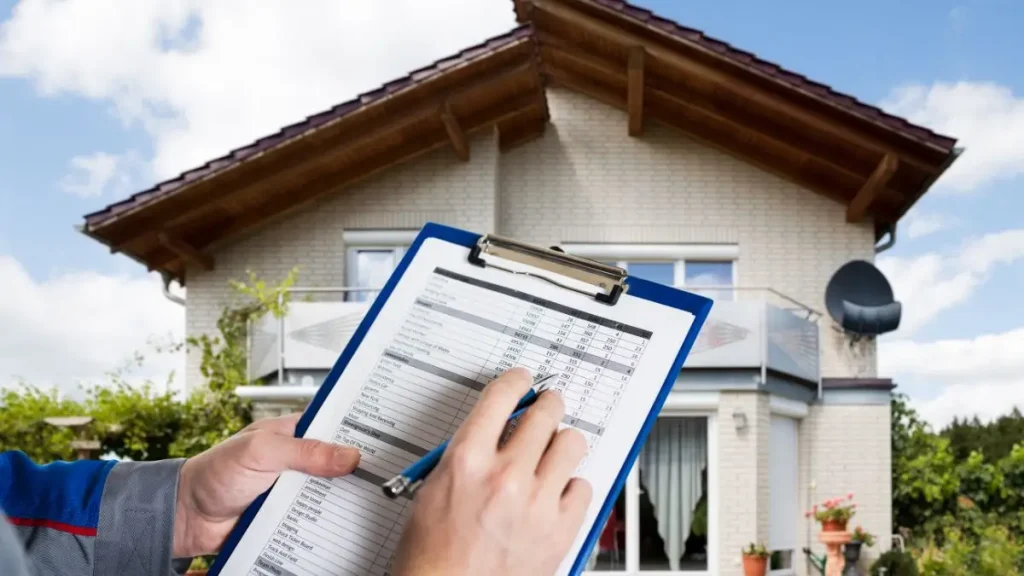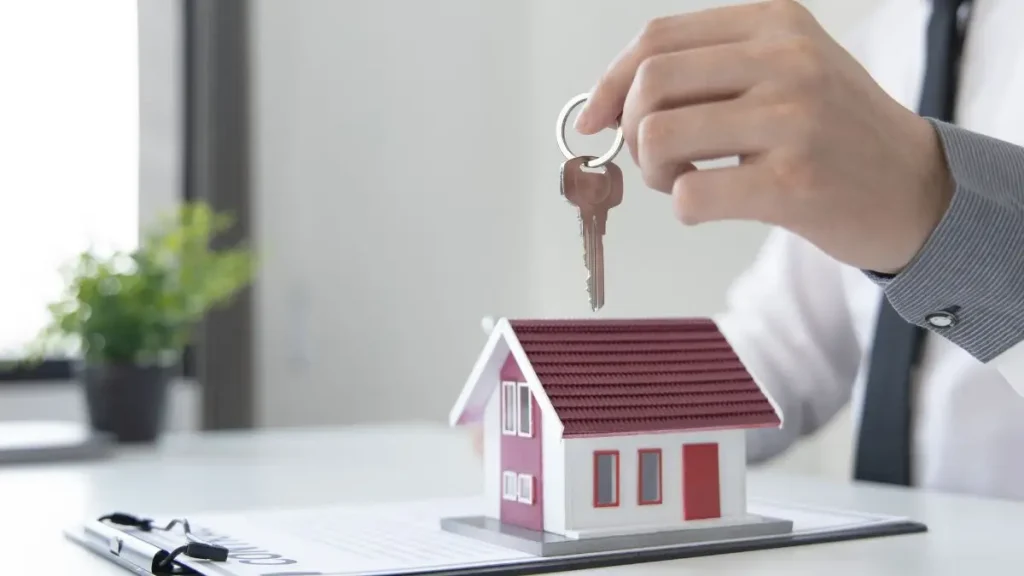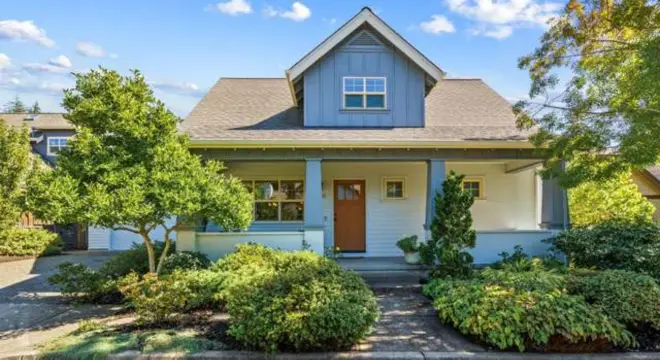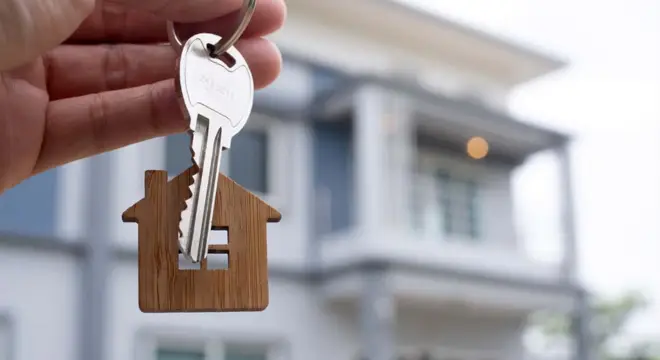Buying and Selling at Once? Don’t Make These 8 Big Mistakes
Look, I get it — you’re juggling so many things at once. You’re hunting for your next dream home while trying to sell your current one. It’s overwhelming. But one mistake I see way too often is people waiting too long to get their home ready for sale.
Here’s the thing: even small repairs or touch-ups can make a huge difference. A scratched wall, a loose tile, or a bathroom that looks a bit tired — these might seem minor, but they can turn buyers off or lower your offer price. Starting early means you avoid that last-minute panic where you’re rushing to fix everything while already juggling house tours and paperwork.
I’ve talked to agents who say this all the time: the best sellers get ahead of the game. One client I know kept pushing off prepping his home because he was busy making offers on other places. By the time he finally got around to it, the market was slowing down, and his house sat longer than it should have. Not fun.
So here’s my advice: as soon as you decide to sell, start your prep list. Don’t wait. Paint that scuffed wall, fix the deck, clean the grout. It doesn’t have to be perfect, but it has to look cared for. And ask your agent early on about the best timing for your market — sometimes a few weeks can make a huge difference.
Getting ahead here isn’t just smart — it’s peace of mind. You’ll thank yourself later.
Always Have a Backup Plan — Things Don’t Always Go as Planned
If there’s one thing I’ve learned from working with homebuyers and sellers, it’s that real estate rarely goes perfectly smooth—especially when you’re buying and selling at the same time. The more moving parts, the higher the chances that something will throw you off.
Realtor’s experts highlight this clearly: you can’t assume your sale and purchase will close simultaneously. Maybe your buyer backs out last minute, or your loan approval gets delayed. If you don’t have a backup plan, you could end up homeless or scrambling for short-term housing.
So here’s what I suggest: set aside extra cash beyond your down payment. Think of it as your safety net for unexpected expenses like a hotel stay or a short-term rental. Also, talk to your agent about contingency options and timelines. You’ll feel a lot more confident knowing you have a plan B (and maybe even plan C).
Get Pre-Approved Before You Dream Big

You might feel excited and want to upgrade your home or move into a bigger space, but here’s the truth: without a solid pre-approval, you’re just guessing what you can afford. And that can lead to heartbreak.
I always tell people, getting pre-approved is the reality check you need. It stops you from falling in love with homes that are out of reach. Jessica Althoff, an experienced agent, points out that many buyers overestimate their borrowing power, assuming a big down payment or high income means instant approval for a larger loan. That’s not always the case.
When you get pre-approved, you know exactly your budget. You can focus your search, negotiate smarter, and avoid wasted time and frustration.
If you’re worried about your credit affecting loan approval, I’ve covered practical strategies on buying a home with bad credit that could help you prepare better before applying.
Don’t Count on the Market to Stay Perfect — Build a Cushion
Here’s something I see catching people off guard all the time: they expect to sell their current home for a perfect price and use all those funds for their next purchase. The market doesn’t always cooperate.
One agent I know had a client who needed $1.3 million from his sale to afford his next house. But the market softened, and he wasn’t likely to get that price. Suddenly, he was stressed, scrambling to figure out how to bridge the gap.
You should always plan to sell for less than your ideal price. That way, you’re prepared if the market dips or offers come in below expectations. Build a financial cushion so you’re not left scrambling to cover the difference.
Be Ready to Compromise — Everyone’s Stressed, So Keep It Real
Buying and selling at the same time means more people involved, and more stress all around. I can’t stress enough how important it is to be flexible.
Maybe the buyers of your home need an extra week on escrow, or the sellers of your next home aren’t ready to fix every tiny problem. Expecting perfection on all sides will only frustrate you.
Jessica Althoff sums it up well: “A little compromise goes a long way.” If you’re willing to give a bit on timing or minor fixes, others are more likely to do the same. It keeps things moving forward smoothly.
When you’re ready to start looking seriously, don’t miss these 15 smart house-hunting questions every buyer should ask to avoid surprises and make confident choices.
Use One Agent for Both Buying and Selling, If You Can

Here’s a tip from the trenches: working with two different agents—one for selling and one for buying—can add unnecessary complications. I recommend using the same agent for both sides if possible.
Michael Pacheco, a seasoned real estate agent, explains that when one person handles both transactions, they have better control over timing and communication. That means fewer surprises and a higher chance of closing both deals smoothly.
If you’re moving out of state or can’t find one agent who does both, at least get them to coordinate closely or work within the same brokerage. It’s all about keeping the process simple.
For real-time tips, quick answers, and updates on home buying and selling, many find it useful to join dedicated discussion groups on WhatsApp where experienced buyers and sellers share their stories and advice.
Avoid Closing on a Friday — Timing Matters More Than You Think
If I had a dollar for every time someone ignored this advice and regretted it, I’d be rich. Closing on a Friday sounds convenient, right? But here’s the kicker: banks often take longer to process wire transfers over the weekend.
Karen Choate, a real estate agent I respect, advises never to close on a Friday. Money might not clear until Monday or later, which could leave you stuck without funds when you need them most.
Instead, aim for a closing earlier in the week. That buffer of a few days gives you peace of mind that everything’s settled and money has hit your account before you move on to the next step.
Schedule Your Closings in the Morning — Afternoon Isn’t Your Friend Here
Along the same lines, I always recommend scheduling your closings early in the day—especially the one where you’re selling your current home.
Banks usually stop processing wire transfers by mid-afternoon (often around 3 p.m. local time). If your closing happens too late, the transfer might not go through until the next business day. That can delay your ability to use the funds when you really need them.
By closing in the morning, you give yourself a cushion in case something goes sideways. Trust me, those extra hours make a difference.
Once your home goes under contract, there are critical steps you must follow to keep the process on track and avoid surprises—check out these 10 things you must do after your home goes under contract to stay ahead.
Keep Your Sanity — Practical Tips for Staying Organized and Stress-Free

Buying and selling a home at the same time isn’t just a financial puzzle—it’s an emotional rollercoaster. If you don’t take care of your mental game, the process will wear you down.
Here’s what I tell everyone: get organized early. Use checklists, set reminders, and keep a dedicated folder (digital or physical) for all documents.
Lean on your support system, and don’t hesitate to ask for help when you feel overwhelmed. Also, try some simple stress-busters—walks, meditation, or even talking to someone who’s been through it.
Remember, you’re juggling a lot. Taking care of your mental health isn’t a luxury, it’s a necessity.
Final Thoughts: Navigate Your Move with Confidence and Care
Buying and selling your home at the same time is no small feat. But if you avoid these common mistakes, you’ll save yourself a ton of stress, time, and money. Remember, preparation, backup plans, and flexibility are your best friends here.
Lean on trusted experts, stay organized, and keep your expectations realistic. You’ve got this — one step at a time.
What’s the biggest challenge you’ve faced (or expect to face) when juggling buying and selling? I’d love to hear your story.
Looking to dive deeper? Check out our comprehensive guides and expert advice on buying and selling homes to make smarter decisions every step of the way on our website Build Like New.
Disclaimer: This article is for informational purposes only and doesn’t replace professional real estate or financial advice. Market conditions and regulations vary by location and over time. Always consult a qualified expert before making decisions about buying or selling property.


